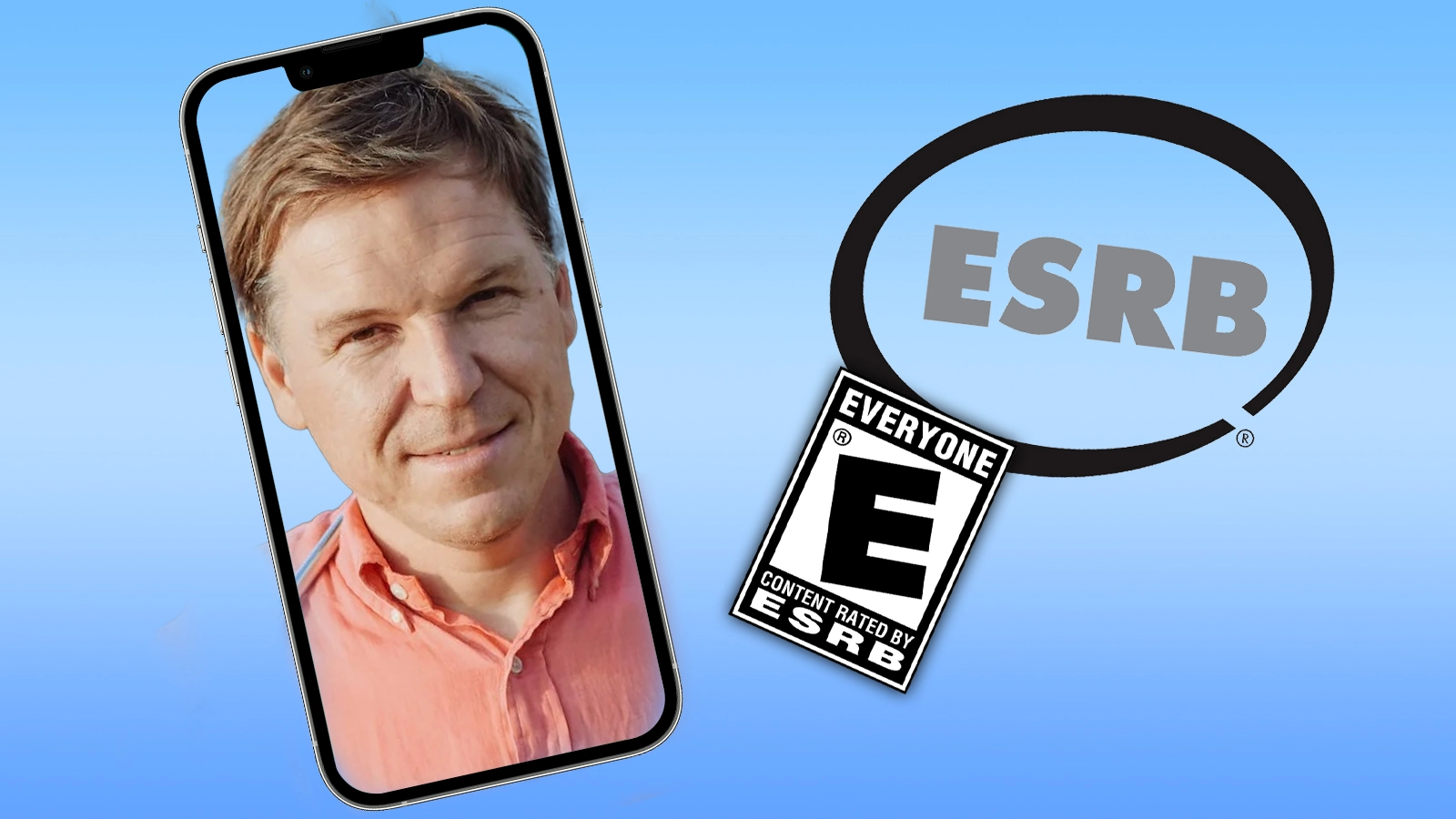redimk
Artist, Designer
- 6 Posts
- 84 Comments

 7·11 months ago
7·11 months agoAs someone who just started using Linux not so long ago, I’m just curious, why is anything to do with Flatpak a concern?

 1·1 year ago
1·1 year agoNo way I’ve been living for 3 decades and using computers for 2, and I am learning this information in 2023…

 11·1 year ago
11·1 year agoTea with milk is the best thing ever. Everybody always looks at me weird when I put milk in my tea. They’re just missing out, to be honest.
The worst part is that one of my friends doesn’t mind putting milk in Pepsi but has the audacity to look at me funny when I put milk in tea.
That’s so cool, how do you personalize it like that?
I’ve been using Fedora for a month (I just started using Linux a month and a half), and I can’t seem to find a way to do it.

 1·1 year ago
1·1 year agoSorry for my ignorance, but how does that work? I (think) I understand what a kernel is, but how am I using Fedora 39 with a 38 kernel? Is there a documentation I can read somewhere so I can understand how that works?
Today it got fixed somehow, I just booted up Fedora 39 and it just worked. Also thanks a lot for the answer!
What do I do about it?
Uninstall Avast… Best antivirus software is Windows Defender + trusted websites/sources + common sense.
There is zero need for 3rd party antivirus software in 2023. They’re just a problem looking for a solution.

 26·1 year ago
26·1 year agoJust shut down the damn app by this point, man.

 1·1 year ago
1·1 year agoAt the end I just erased all my disks and started all over again :( figured it was the easiest and quickest way to deal with it because I urgently needed W11 for my job, I’ll just be more ready for next time and read more about the OS before making a move so sudden like that

 1·1 year ago
1·1 year agoI chose sysremd, I didn’t have time to fix the issue as I needed my laptop for work so I just did a clean install of everything once again. I think I will keep trying Fedora but I will read the documentation of EOS first so I can understand what I’m doing, I can’t afford to make the same mistake again lol. I think what happened is that I accidentally erased the Windows EFI partition somehow and that’s why it was not going in.
Is there an actual difference between those? Is one better than the other or it’s just the OS giving options?

 1·1 year ago
1·1 year agoThis is what I’m thinking happened. I already said this in another comment but will expand here because this comments refers specifically to the EFI partition. Here’s the weird thing, 3 days ago, I had 2 SSDs:
- 1 with 3 partitions of Windows, one EFI part., one recovery part, and the regular C: local where my files were.
- On my secondary SSD, I had Fedora installed. If I’m correct, I had a /boot, and /home(?) don’t remember if anything else.
I decided to do a clean install of Win11. When I did, I had both SSDs connected to my laptop, and when I finished the installation, this was how it was divided:
- 1st SSD: one, full 2TB C: Local disk, with no partitions.
- 2nd SSD: One EFI partition, one recovery partition, and one “empty” partition.
It was highly confusing, because I thought I had Fedora there, my immediate thought was that Win11 just straight up ravaged both my SSDs and decided “fuck it, let’s install wherever the fuck I want” and it did. HOWEVER I could still get into Fedora and use it normally. Still had all the apps and programs I installed, everything was correct. So I assumed the drive still belonged to Fedora.
When I installed EOS, I chose “Erase Disk” on the secondary SSD (the one with Fedora, the one that had this “EFI partition” that didn’t have before. I think when I erased that SSD, I erased the Windows EFI partition and couldn’t boot as a result. And that’s why the BIOS was not recognizing the OS, but at the same time I could just mount the SSD in EOS and just look t my files normally. So I think that’s what happened, but honestly I’m not even sure of how it happened.

 1·1 year ago
1·1 year agoI tried all orders, there were 2 Samsung SSDs (primary and secondary), and another one called “EFI” something… When I changed the order to SSD #1 it opened EndevourOS, when I changed to SSD #2 it said “checking media… failed”, and when I put the “EFI” as the first in the order, it just restarted and went again to EndevourOS. At the end, I had to do the easiest and fastest thing: start over.
I think that when I installed Win11, it took part of my Fedora partition somehow, I’m not even sure if that’s what happened and if that is what actually happened I have no clue how it happened, but right before erasing my secondary SSD to install EOS, there was a mention of a Windows “EFI” partition there, even though I could still get into Fedora. So when I erased that, I think I erased something related to Windows that I shouldn’t have erased

 1·1 year ago
1·1 year agoWhile I was trying to fix the issue all day, this comment is one of the things I tried, but when my laptop started, it just said “checking media… fail”, then getting reset into an endless loop. I said it in other comments but I think I erased an EFI partition that I shouldn’t have, I think Windows took part of my secondary SSD somehow.

 2·1 year ago
2·1 year agoAfter reading all these comments I just decided to format all my drives and start over. I made the mistake of installing EndevourOS at 12am when the next day I had to use Windows for my job! I did enter BIOS and changed the order but not even my BIOS recognized the OS, it just said “checking media… fail” and it fell into a permanent loop. What I said in another comment was that I thought this had happened:
It’s weird, but I had Fedora installed on my secondary SSD. Apparently when I did a clean Windows install, it installed in the primary SSD but took a part of Fedora on the secondary SSD as a Windows EFI partition. Then, when I installed EOS I selected “erase the disk” for the secondary SSD. I think it erased that EFI partition and I couldn’t go back to windows, but since the primary SSD still had my files I could still see them. To be honest, something like that never happened before so I’m not even sure of what I’m saying.
I’m not even sure if that’s what happened, as I’m still not an expert in these things, but when I erased the secondary SSD there was a “EFI partition” I had not seen before.

 2·1 year ago
2·1 year agoI wish, I still need to use Adobe products for my job, not even sure if I can install Adobe products in Linux yet, I’m still learning haha!

 2·1 year ago
2·1 year agoThis is what I think happened that I wrote on another comment:
It’s weird, but I had Fedora installed on my secondary SSD. Apparently when I did a clean Windows install, it installed in the primary SSD but took a part of Fedora on the secondary SSD as a Windows EFI partition. Then, when I installed EOS I selected “erase the disk” for the secondary SSD. I think it erased that EFI partition and I couldn’t go back to windows, but since the primary SSD still had my files I could still see them. To be honest, something like that never happened before so I’m not even sure of what I’m saying.
Tbh I’m not even sure if that’s what happened, I just didn’t find an easy solution apart from starting over.

 2·1 year ago
2·1 year agoI was using UEFI I think? I used Rufus to make the bootable flash drive and it just gave me either MBR or GPT, when I selected GPT it showed me the UEFI option to the right (iirc). I spent all day seeing these comments and at the end of the day I had to delete everything in my hard drives and start over again…
It’s weird, but I had Fedora installed on my secondary SSD. Apparently when I did a clean Windows install, it installed in the primary SSD but took a part of Fedora on the secondary SSD as a Windows EFI partition. Then, when I installed EOS I selected “erase the disk” for the secondary SSD. I think it erased that EFI partition and I couldn’t go back to windows, but since the primary SSD still had my files I could still see them. To be honest, something like that never happened before so I’m not even sure of what I’m saying.

 4·1 year ago
4·1 year agoThat’s the problem not even the bios is reading windows after the EOS installation. I keep changing the order of things but when I boot from the other SSD it just says “checking media” and then “failed” and it gets looped over and over again.
But I can still see the windows drives and partitions from EOS… It’s the weirdest ting that I’ve seen… Would you recommend just doing a clean install of everything in that case?

 5·1 year ago
5·1 year agoYeah, I feel stupid, I’m sorry.
So when I had Windows installed before, Windows was separated into 4 partitions, (not sure why), and then I installed Fedora on Disk1 (secondary SSD), and it looked to me (emphasis in “looked to me”) like it was only one whole partition.
However, after doing a clean W11 install it showed up as a single partition (which I was not used to) and Disk1 separated into 3 partitions, and aside from that, my laptop was no longer giving me the option to boot into either W11 or Fedora, it was just going straight to W11. That’s where my confusion was from and since I already had installed everything I needed I didn’t want to lose the progress.
I went to BIOS and it showed me that the boot menu was F12 (I didn’t know this before) and lo and behold, I am once again able to enter Fedora, it was just me being a noob and not knowing any better. Sorry for wasting everyone’s time! :(







I had a Chevrolet Vitara (for Venezuela… for US people it would be a Suzuki Vitara) that my father bought in 1998 and gave me when I was 17.
First car I “owned”, used for 6 years, never had to repair it or anything at all, took me everywhere without problems and since it was a small 2 door it fit everywhere.
I took my friends with it, my parents, traveled with it, etc. Also, surprisingly, we never had to do any repairs to the car since 1998 up until 2021 when my dad sold it because it was almost dead. That car was the best and I miss it.
Then I got a Dodge Dakota from 2002, it was good but I didn’t like it as much as the Vitara.
Now I drive a VW Gol (2005), good car, a little fucked up.